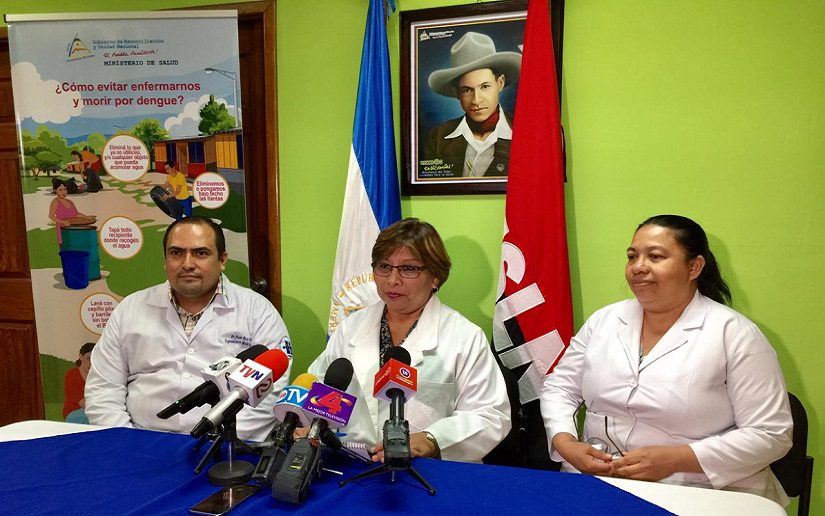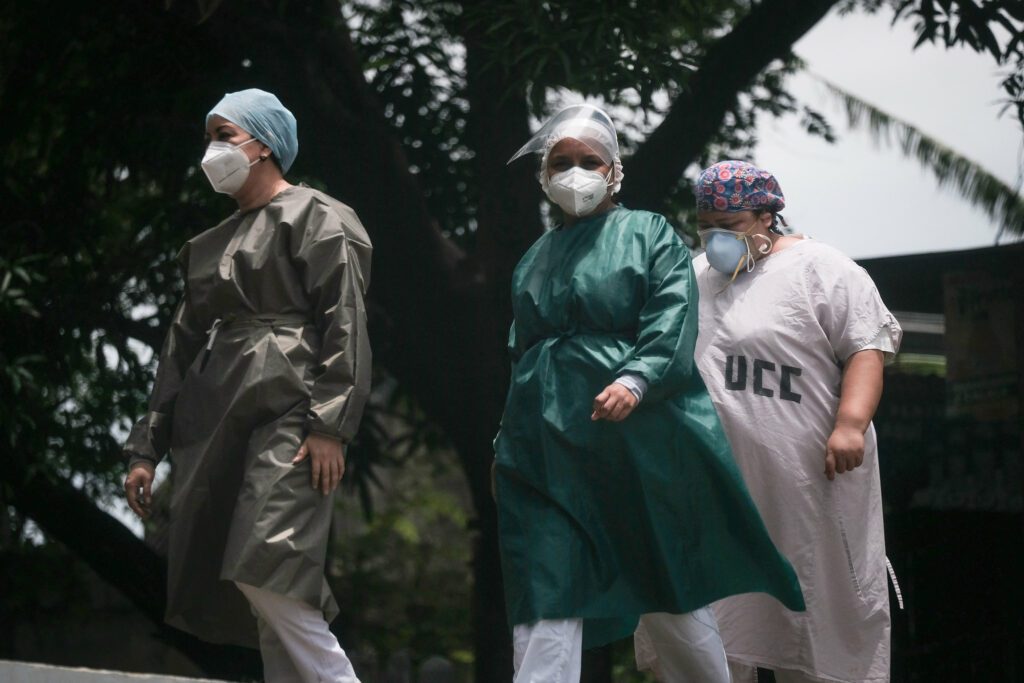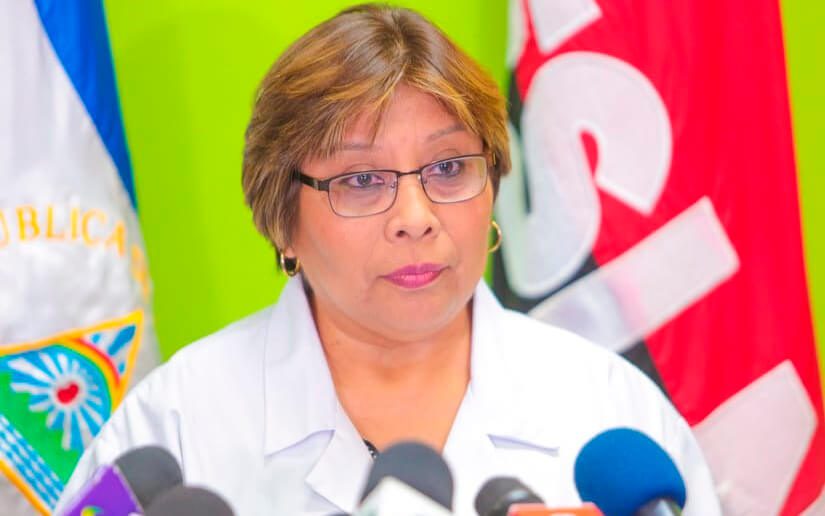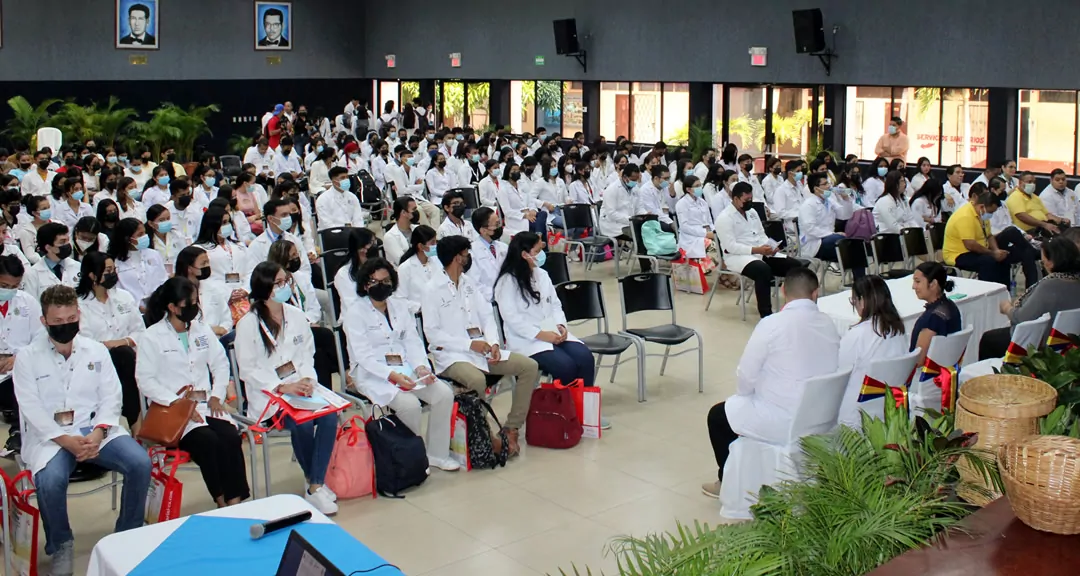The new requirements established by the Ministry of Health (Minsa) for this year’s call for medical specialty scholarships will cause the demand for these to decrease and push new medical personnel to the private sector, and in the worst case scenario, they will not try to complete a specialty, warns public health specialist, Ana Quirós.
“Medical specialties are going to suffer significantly. This will mean that the new medical personnel will end up working in the private sector, because they do not see any benefit in the public sector, or that they will end up with no specialty, if they do not want to be subject to the residency scholarship requirements,” she says.
Minsa offers around 200 scholarships each year in 18 medical specialties to general doctors who have graduated from Universidad Autónoma de Nicaragua, both in Managua and León, as well as from other universities.
This year there are 213 scholarships. However, the requirements include new obligations for beneficiaries, which were not included in previous years, according to the Methodology for Admission to the Medical and Surgical Specialties 2024.
Recibe nuestro boletín semanal
Among the new requirements is that, once the specialty studies are completed, the scholarship recipient “must provide services to the Ministry of Health for 10 years in the national territory wherever the population needs health services and the Ministry locates them,” indicates the fifth section of the document “Stipend Scholarship by the Ministry of Health” regarding the obligations of the student.
In the event that the scholarship recipient has completed their specialization studies but refuses, abandons, or resigns from their job at the Ministry of Health, the recipient will be obligated to pay 2,259,959.63 córdobas, equivalent to 61,706.56 dollars.
The scholarship recipient will also be required to pay this amount in the event they abandon their studies without justified cause and for non-compliance with the contract and disciplinary regulations.
Previously, the Ministry of Health only established that beneficiaries of these scholarships work for the State for at least three years and did not demand the exorbitant amount of money it now requires in case of non-compliance.
Loss of Specialists

According to another public health expert consulted, another consequence of this measure will be a greater migration of doctors who will seek to study their specialties abroad.
“First, because ten years is too long. They are multiplying by more than three times the time they must provide services to the State. Secondly, the amount they are charging is practically unpayable for a medical professional who has recently specialized,” she points out.
“This could cause the country to continue losing professionals and for medical specialties to decrease in the country due to migration,” she adds.
Measure similar to stripping of severance pay

This measure adds to the loss of the right to severance pay in cases of resignation by State workers, which will discourage health personnel from working in public hospitals and health centers.
Quirós points out that the presence of general practitioners and specialists in the public sector has significantly decreased since the socio-political crisis and the pandemic, due to arbitrary dismissals, resignations, and the exile of regime-critical doctors.
According to the Ministry of Health’s Health Map, there are nine doctors per 10,000 inhabitants in Nicaragua.
Meanwhile, the World Health Organization (WHO) indicates that there are barely 6.64 doctors in the country per 10,000 inhabitants, including general practitioners and specialists.
“Anyone will wonder: what benefit does it bring me to work for the State, if besides suffering persecution, harassment, and constant surveillance, they prevent me from changing positions or resigning? This measure will discourage the professionalization of doctors, especially in the public sector,” Quirós insisted.
A double-edged sword

A specialist doctor who also spoke to DIVERGENTES anonymously indicates that these scholarships now become a double-edged sword.
On one hand, scholarship recipients will have job stability upon completing their specialization, although it is still unknown if they will have the same benefits and salaries as other doctors.
And also, the population where these new specialist doctors will be assigned will benefit.
However, doctors will be “stuck” for many years in the institution, with no option to work elsewhere, either to continue their learning or because they are not comfortable with the work environment. All this, without the option to specialize further or continue with other types of studies.
“We must also consider as a disadvantage the servility and political manipulation to which they will be subjected, some against their will, others because they agree,” says the doctor.
According to the specialist doctor, the health sector has been ideologically hijacked for years in the country, even long before the socio-political crisis in 2018.
“For several years they hijacked the mechanism of entry into specialties and now recently the entry into the medical degree in public universities. The quality of medical education is abysmal and marked by political bias,” he adds.
Doctors subjected to abusive requirements
The specialist doctor also points out that new physicians can opt for studies outside the options of the State. However, private institutions offering specialties also offer abusive contracts and requirements similar to those now demanded by the Ministry of Health.
“These institutions were the first to offer this type of often abusive contracts because they remove insurance from doctors and their families while they are studying, they demand exclusivity upon return for five years for each year studied or pay amounts very similar to what the Government now demands. It seems that the Ministry of Health copied that model,” he explains.
The specialist expresses that the medical profession is highly violated in the country and they do not have many study options within national institutions.

